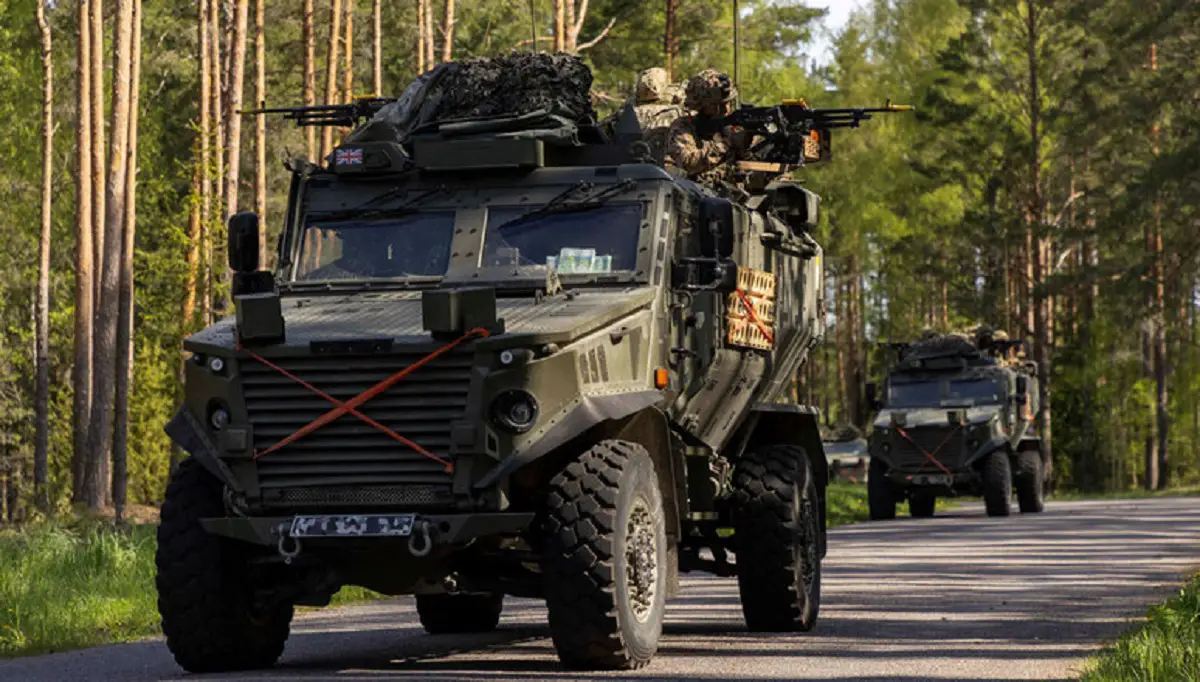From 1 January 2024, the United Kingdom’s 7th Light Mechanised Brigade will lead NATO’s rapid reaction force, placing thousands of soldiers on standby and ready to deploy within days. NATO’s Very High Readiness Joint Task Force (VJTF) was created after Russia’s annexation of Crimea in 2014 and was deployed for the first time for collective defence of the Alliance after Russia’s full-fledged invasion of Ukraine in 2022. The leadership position is rotated annually among Allies. The UK takes over from Germany, which led the force in 2023.
“This brigade needs to be ready to move within days to wherever NATO needs it, making it a key part of our collective defence. The UK’s leadership of our highest readiness formation is a clear display of its capabilities and commitment to NATO”, said acting Spokesperson Dylan White.

The VJTF is the highest-readiness element of NATO’s larger Response Force, which also includes air and maritime forces. In 2024, VJTF land forces will comprise some 6,000 thousand troops, with the 7th Light Mechanised Brigade Combat Team – “the Desert Rats” – at its core. The brigade consists of a light cavalry regiment, and four light-mechanised infantry battalions with artillery, engineering, logistics, and medical regiments. Units include the Royal Anglian Regiment and the Royal Scots Dragoon Guards. Poland’s 1st Warsaw Armored Brigade and Spain’s Brigada Guzmán el Bueno will provide heavy battle tanks, attack helicopters and air defences. In total, nine NATO Allies provide forces.
NATO’s Joint Force Command in Brunssum will command the Response Force in 2024. The United Kingdom’s Allied Rapid Reaction Corps will serve as the land component command. The Alliance will transition the NATO Response Force into the new Allied Reaction Force in mid-2024.















